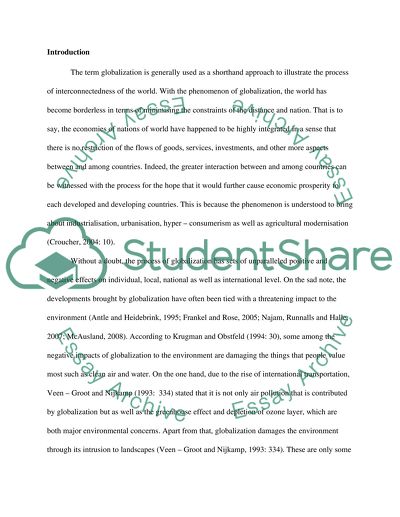Cite this document
(“Globalization: A Threatening Reality to the Environment Essay”, n.d.)
Globalization: A Threatening Reality to the Environment Essay. Retrieved from https://studentshare.org/sociology/1450159-7-in-what-ways-are-environmental-issues-important-to-the-experience-and-construction-of-ychglobalizationyie
Globalization: A Threatening Reality to the Environment Essay. Retrieved from https://studentshare.org/sociology/1450159-7-in-what-ways-are-environmental-issues-important-to-the-experience-and-construction-of-ychglobalizationyie
(Globalization: A Threatening Reality to the Environment Essay)
Globalization: A Threatening Reality to the Environment Essay. https://studentshare.org/sociology/1450159-7-in-what-ways-are-environmental-issues-important-to-the-experience-and-construction-of-ychglobalizationyie.
Globalization: A Threatening Reality to the Environment Essay. https://studentshare.org/sociology/1450159-7-in-what-ways-are-environmental-issues-important-to-the-experience-and-construction-of-ychglobalizationyie.
“Globalization: A Threatening Reality to the Environment Essay”, n.d. https://studentshare.org/sociology/1450159-7-in-what-ways-are-environmental-issues-important-to-the-experience-and-construction-of-ychglobalizationyie.


